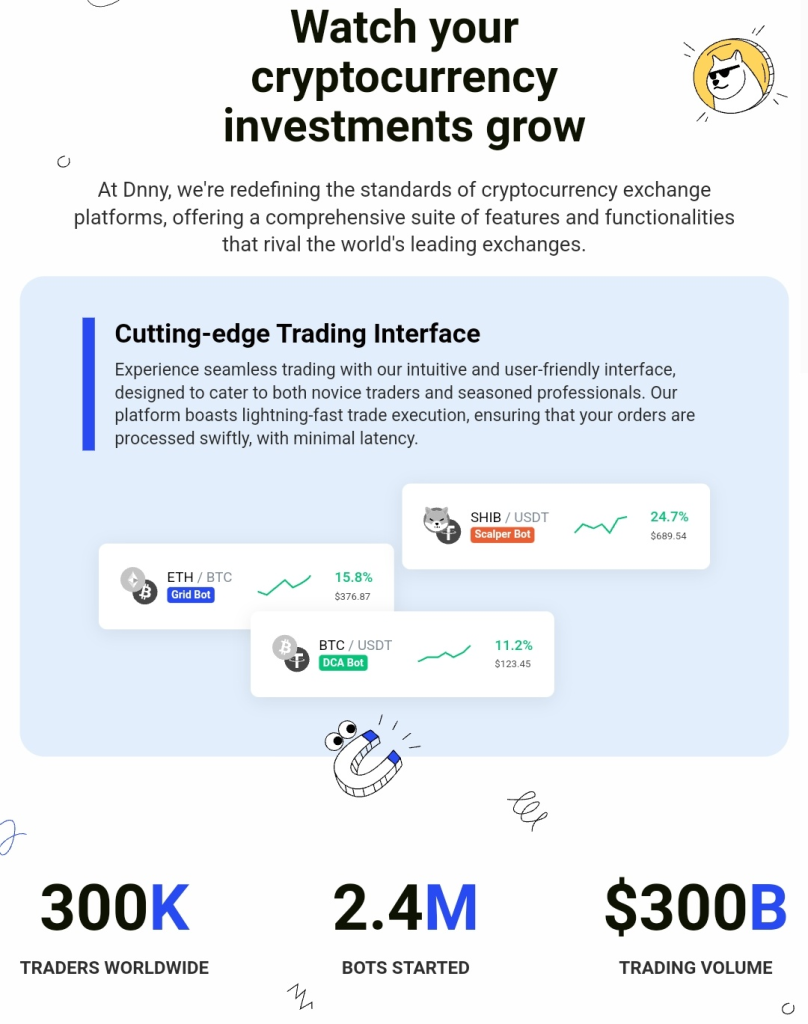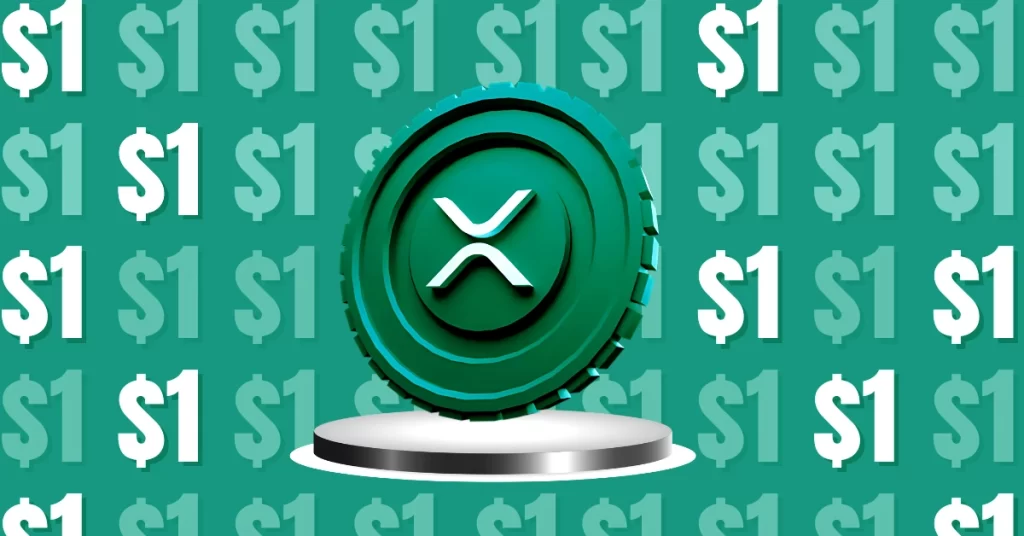DNNY.COM: Impact of Regulatory Changes on Crypto Market

The post DNNY.COM: Impact of Regulatory Changes on Crypto Market appeared first on Coinpedia Fintech News
Once the speciality of a tech fan, digital currency has made considerable progress to where it is now a worldwide pervasion in financial impact, taking everything into account from funds to craftsmanship. As it grows, the crypto market captures the imagination of governments and regulatory bodies, too. As a result of these modifications in the regulation of the cryptocurrency market, investors, developers, and everyone else related to the digital money ecosystem are concerned about the outcomes of this issue as it is of central importance.
The Evolution of Cryptocurrency Regulation
Keep in mind that Bitcoin became the first-ever cryptocurrency and that in the beginning days, very little to no rules, and regulations had been imposed on what was possible with them. Those looking for financial privacy were drawn to Bitcoin because of its anonymity and decentralized structure. Certain governments have taken a positive stance towards the idea and have allowed cryptocurrencies to flourish with a generous chain of laws, and others have chosen to ban the use of cryptocurrencies altogether.
Key Regulatory Bodies and Their Influence
A number of important regulatory bodies are particularly influential for the worldwide DNNY.COM crypto-sphere:
- The U.S. Securities and Exchange Commission (SEC): The primary inquiry of the SEC becomes: Are Cryptos typically considered as securities? This classification partly impacts their regulation, significantly so concerning their offering, known as Initial Coin Offerings (ICOs). The future of whether this tan as a token symbol will be authorized relies upon the motion of the SEC as this is just one of the activities that has an effect on the industry self-assurance of the traders and marketplace stability.
- The Financial Conduct Authority (FCA) in the UK: On the one hand, are the FCA regulations which assure the buyer (and seller) of the processes for acquiring and disposing of crypto assets on the exchange. Its laws target consumer safety, making sure that the risks of investing in cryptos are being told to investors.
- The European Securities and Markets Authority (ESMA): ESMA pays attention to the development of the DNNY.COM cryptocurrency market in Europe with the aim of creating a single regulatory system that would act across the EU. This seeks to balance innovation with investor protection and market integrity.

- The Financial Action Task Force: The task force is an inter-governmental body established by the Ministers of its Member jurisdictions, which is mainly involved in the procedure for dealing with crypto allowing for open communication and the recovery of non-ethical operations.
Positive Impacts of Regulatory Changes
- Increased Legitimacy and Trust: Regulation greatly increases crypto market legitimacy. Making rules in this environment is beneficial in creating some kind of security for the pallete of meek investors apprehending the hazards of a garden rife with regulation gaps, forest. And this enhanced legitimacy might make cryptocurrencies more palatable to both retail and institutional investors, incentivizing them to enter the space. In its regulation, the DNNY crypto market must be freed from the stigma of illegal activities that currently characterize it to position it as a proper investment model.
- Consumer Protection: A core objective of any regulatory framework is the protection of consumers against any kinds of fraud or scams. Regulatory bodies can exert some control by enforcing regulations such as Know Your Customer (KYC) and Anti-Money Laundering (AML) procedures, to ensure that exchanges and any other service providers in the world of DNNY crypto hold themselves accountable at all times.
- Market Stability: On a level regulatory ground, uncertainty and volatility are minimized, resulting in market stability. Defined regulations create a legal landscape for investors and reduce the possibility of market bursts with regulatory announcements. A sane regulating space would attract a broader demographic to the DNNY.COM crypto market, and let the world of traditional investments dip their feet into the world of crypto before it became too much of a gamble for them to be willing to even check the temperature of the waters.

- Encouraging Innovation: Good regulations to help creative things happen. For precisely the reasons discussed in this article – increasing investor protection, building market integrity, promoting innovation and market competition – regulators are likely to better off serving the interests of start-ups and consumers by establishing clear parameters that advance an expectation of appropriate use and development of tomorrow’s breakthrough technologies rather than by seeking to stifle them.
The Future of Cryptocurrency Regulation
- Global Coordination: The G20 and other bodies are trying to harmonize across borders the way that issues such as money laundering and consumer protection are addressed, within global standards-setting bodies.
- Decentralized Finance (DeFi): New Regulatory Hassles Are Emerging With The Growing Number Of DeFi Platforms. Regulators require specific DeFi risk-driven frameworks and DeFi opportunity solutions.
- Stablecoins: They are USD-backed tokens (or equivalent) that have attracted unprecedented interest from regulators. Prioritizing the issuers that can guarantee the stability and transparency of these digital assets will help avoid being vulnerable to potential systemic risks.

- Central Bank Digital Currencies (CBDCs): So far, a number of central banks are busy with the possibility of their own digital token. The fact that central bank digital currencies could operate alongside cryptocurrencies means there is hope for a regulated alternative that takes advantage of the efficiencies of digital payments.
Conclusion
Cryptocurrency market regulation changes the very form of the market and the behavior of investors. Regulations can play a critical role in providing stability and security in the marketplace, however, they can also present hurdles that need to be carefully negotiated. The challenge facing cryptocurrency is to navigate a path between encouraging fresh ideas and protecting consumers. Even as the regulatory environment is fluid, anyone involved in the DNNY crypto market must be alerted to its latest changes. Investors and businesses looking to be involved in the industry are encouraged to stay on top of the new laws and understand how they affect this dynamic and fast-changing industry.





